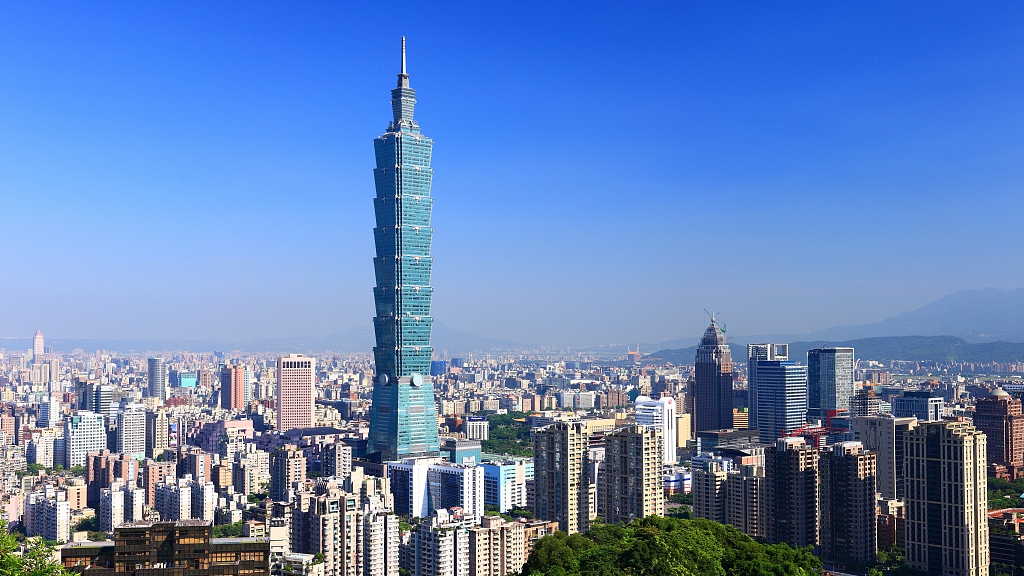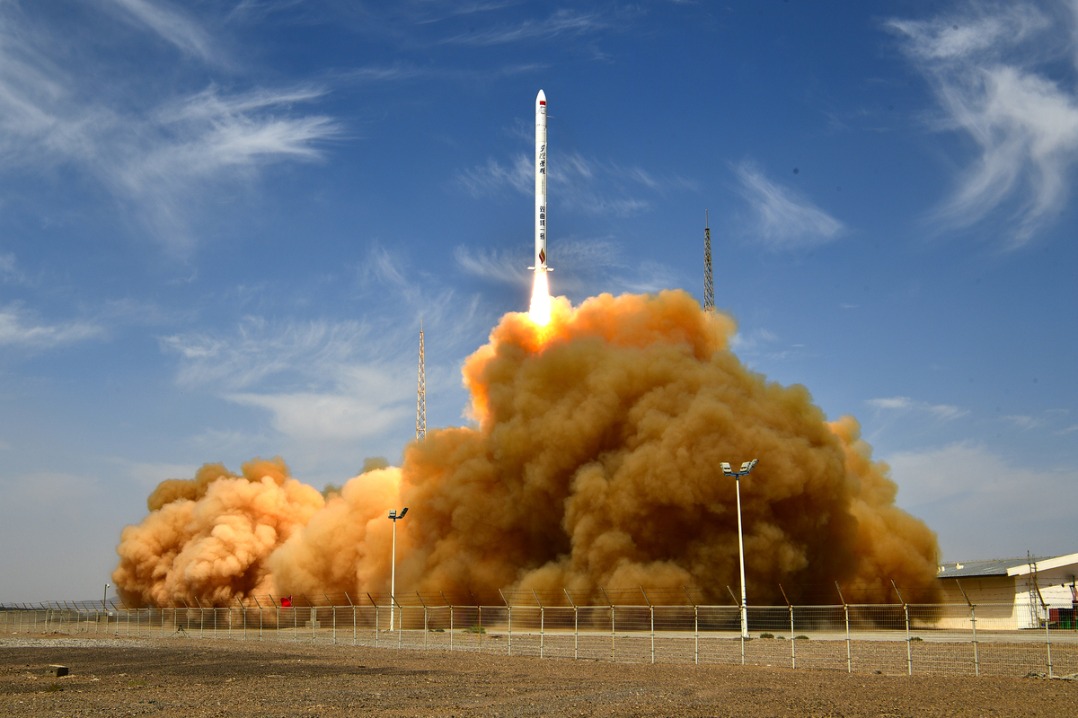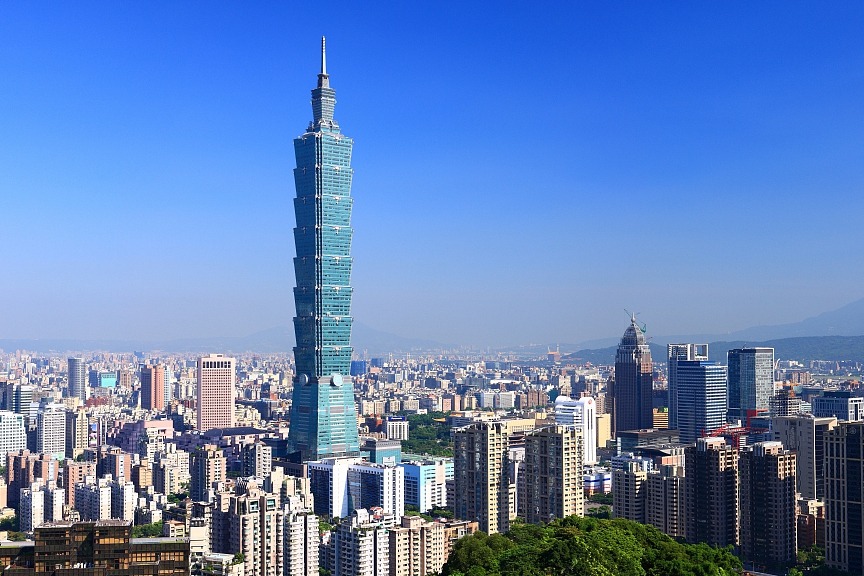Taiwan history can't be changed or distorted


Despite orchestrated efforts to consolidate power, the failed recall vote targeting opposition lawmakers on Sunday and the sudden resignation of the Democratic Progressive Party's secretary-general reflect a weakening political mandate for the DPP. These tremors come just as Taiwan leader Lai Ching-te escalates efforts to rewrite wartime history and sever the island's historical bond with the Chinese mainland — even as the region marks the 80th anniversary of Taiwan's liberation from Japanese colonial rule.
Eight decades ago, after a grueling 14-year struggle, the Chinese people achieved a decisive victory against Japanese aggression, contributing to the ultimate defeat of fascism in World War II.
Regrettably, Lai is trying desperately, through his so-called "ten lectures on unity", to rewrite that history and sever Taiwan's historical and cultural link with the mainland. But no matter how desperately he tries, he cannot deny the legal force of the Cairo Declaration and the Potsdam Proclamation — documents that affirm Taiwan's return to China.
And yet Lai is trying to revive the long-discredited "Treaty of San Francisco" to assert the so-called unresolved status of Taiwan. In doing so, he is trying to push his "Taiwan independence" agenda.
Taiwan has been part of China since antiquity. The historical and cultural evidence proving this is overwhelming. Archaeological and literary sources confirm Chinese governance of the island many centuries ago. Linguistic and anthropological studies link the Austronesian-speaking indigenous people to the migration waves from southeast China.
History, from the Three Kingdoms Period (220-280) through administrative integration by the Sui (581-618), Song (960-1279), Yuan (1271-1368), Ming (1368-1644) and Qing (1644-1911) dynasties, shows Taiwan has been an integral part of China's territory. Although temporarily colonized by the Dutch and later by the Japanese, Taiwan was recognized as Chinese territory after each period of occupation.
Despite these clear historical facts, Lai is using his "ten lectures" to distort reality, denying that Taiwan residents share a common ancestry and history with their mainland compatriots. He has been ridiculing the wartime partnership that saw Taiwan and the mainland, united by blood and suffering, standing shoulder to shoulder to repel tyranny, and reunify Taiwan with the motherland.
Taiwan's return to the motherland is enshrined in international law. Following China's defeat in the First Sino-Japanese War (1894-95), Japan occupied Taiwan. For 50 years, Taiwan remained under Japanese colonial rule, until its liberation in 1945. Beginning in 1931, Taiwan residents joined their mainland compatriots in resisting Japanese aggression, with hundreds of thousands of Chinese people on both sides of the Taiwan Strait sacrificing their lives for national liberation.
The Cairo Declaration of December 1943 stipulated that territories captured by Japan from China, including Taiwan and the Penghu Islands, must be returned to China, with the Potsdam Proclamation reaffirming this commitment. Upon Japan's surrender in World War II on Sept 2, 1945, the legal groundwork for Taiwan's return to China was complete. On Oct 25, 1945, Chinese authorities held a ceremony in Taipei to officially mark the occasion. By resorting to the Treaty of San Francisco, a pact China never endorsed, Lai is trying to deny this historical fact.
Legally speaking, the Treaty of San Francisco placed no binding constraints on China's territorial claims. Worse, its terms undermined the postwar international order established by the Cairo Declaration and the United Nations Charter. It also violated the principle of non-intervention. By digging up this legally invalid document, Lai is attempting to dress up separatism in a veneer of legality, an attempt that is doomed to failure.
Upholding the 1992 Consensus and opposing "Taiwan independence" are necessary to not only safeguard the country's sovereignty, territorial integrity and core interests, but also uphold global fairness, honoring the outcomes of World War II, and sustaining the postwar world order. The international community must view Lai's manipulations and disregard for international law as ploys to seek "Taiwan independence". Rather than legitimizing such falsehoods, the international community should support Beijing's efforts to preserve the historical truth, and advance national reunification.
By correcting historical distortions and preventing any national division, China is not only defending its own sovereign interests but also upholding truth and justice. China's stand represents the shared understanding of history.
The author is a researcher at the Institute of Taiwan Studies, Chinese Academy of Social Sciences. The views don't necessarily represent those of China Daily.
If you have a specific expertise, or would like to share your thought about our stories, then send us your writings at opinion@chinadaily.com.cn, and comment@chinadaily.com.cn.

































